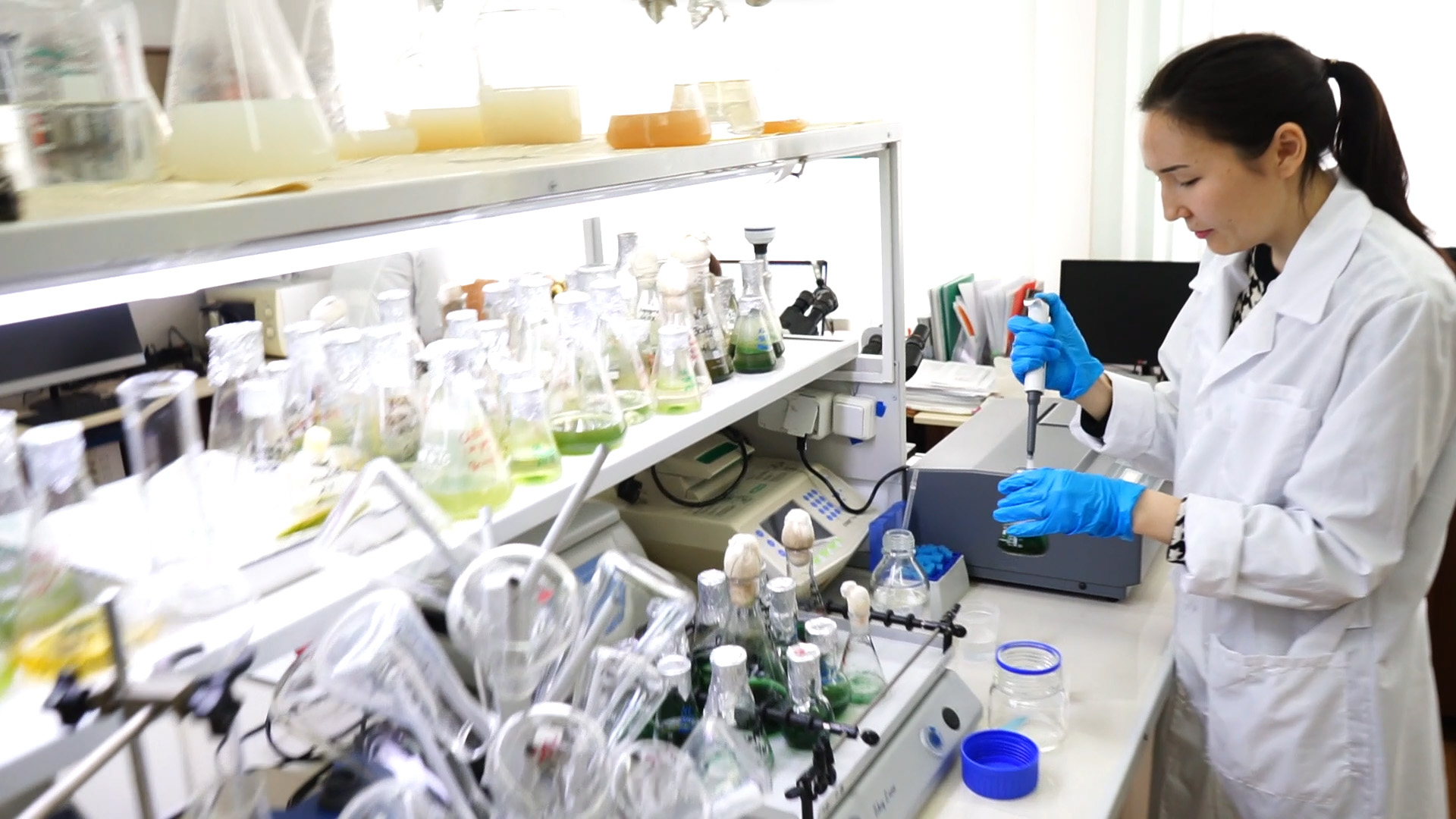KazNU has developed an innovative project for biohydrogen production

Researchers at Al-Farabi University of KazNU have presented an innovative technology that allows the production of biohydrogen using cyanobacteria.
Scientists from the Laboratory of Photobiotechnology at the Department of Biology and Biotechnology of the University, isolated and screened potentially effective strains of cyanobacteria capable of efficient hydrogen production, and by optimizing the conditions, significantly increased the hydrogen yield.
In modern bioenergy, an important area of focus is the search for environmentally friendly sources of hydrogen. Scientists aim to create technologies with high hydrogen yields that do not harm the environment. Switching to renewable clean energy sources based on microorganisms contributes to a more sustainable energy system and reduces the negative impacts of climate change.
"Based on the results obtained, the scientists obtained a utility model patent for a heterocystal cyanobacterial strain Anabaena variabilis A-1. This strain will be used as a raw material for biofuel production. In addition, laboratory regulations for biohydrogen production by cyanobacteria based on the selected strain Anabaena variabilis A-1 have been developed. In subsequent studies, it is expected to increase the hydrogen yield by manipulating the enzymes of this strain using molecular genetic methods," said project researcher Ardak Kakimova.
The obtained hydrogen can be used in everyday life, i.e. as a source of energy, for special hydrogen vehicles of the future, airplanes, spacecraft, factories, etc. Obtaining hydrogen from cyanobacteria takes place in the world practice. This project is being realized in the country for the first time.
At present, research on the basis of the Al-Farabi Kazakh National University, aimed at using the patented strain of cyanobacteria to increase hydrogen yield and large-scale production of biofuel, is continuing.
Press-service of Al-Farabi Kazakh National University


